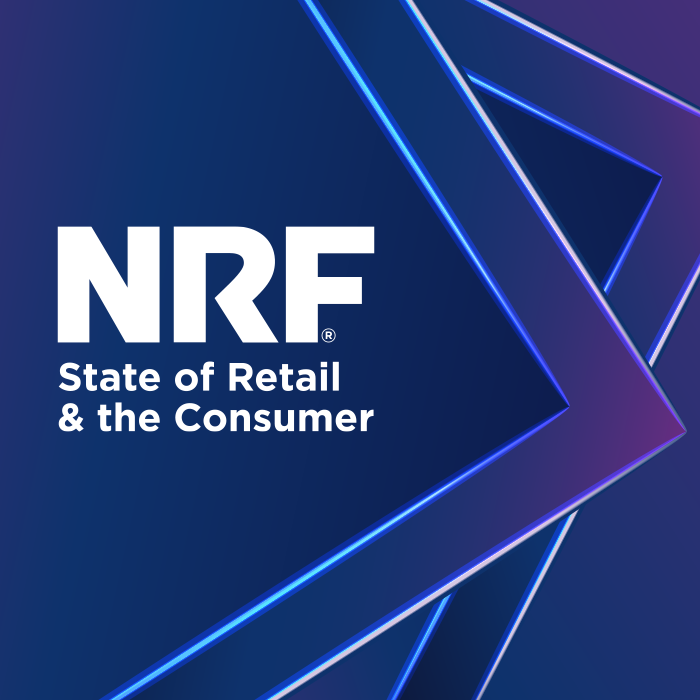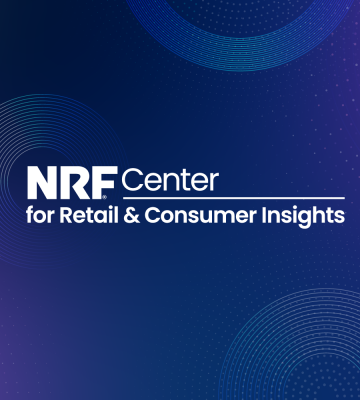Retail CEOs share tariff impacts ahead of holiday shopping
)
The holiday shopping season is rapidly approaching, and retailers are preparing for one of the industry’s most critical periods. But behind the scenes of cheer and celebration, many businesses face mounting pressure from current trade policies — including rising costs, supply chain uncertainty and tough decisions around staffing and investments.
Tariffs threaten the American Dream
Small businesses are particularly vulnerable to the negative impacts of record-high tariffs. Learn more.
The National Retail Federation has led national discussions on tariffs, working with retailers to directly educate policymakers and the public about the challenges the uncertain trade environment poses to their businesses, customers and the broader economy.
In September, NRF brought CEOs from specialty retail brands central to holiday shopping to a congressional roundtable with House Republican conference members and meetings with other lawmakers and administration officials. While in Washington, we sat down with them to hear what they want all Americans to understand about the impact of tariffs.
Greg Shugar, owner of Beau Ties of Vermont, wants Americans to understand that even companies that manufacture in the United States are being impacted by tariffs because they still rely on overseas imports.
“We have to pay the tariffs on the raw materials we have to bring in to make our products,” Shugar says. His silk tie company manufactures its products in Middlebury, Vt., but must import silk from China as it’s one of the only places in the world silk can be produced. “Tariffs contribute to increased costs,” he says, “some of which we have to pass on.”
“Tariffs are just going to mean higher prices,” says Danny Reynolds, owner of women’s and bridal boutique Stephenson’s of Elkhart in Elkhart, Ind. Reynolds says that since most apparel is produced overseas, when domestic importers like Stephenson’s bring in goods to sell to local customers, he pays more and must raise prices to cover the higher tariff bills his company faces.
Scott Moller of Grill Sergeant, a military-themed grill accessory company in Omaha, Neb., says the unpredictable tariff policy is upending retailers’ ability to plan and grow their businesses. “Tariffs are causing a ripple effect inside some companies,” he says; they have to “decide how to, operationally, move forward.”
Mac Harman, founder and CEO of specialty holiday retailer Balsam Brands, wants Americans to understand that inventory challenges from increased costs due to tariffs could lead to product shortages. “We have a set budget for how much we can purchase,” he says. “This year we’ve had to take 15-50% of that budget to pay for the tariffs.”
Because of this added expense, Harman anticipates “fewer goods to bring holiday joy this Christmas season to American shoppers.”
Take action
Contact your representative today and urge them to work with the White House to scale back these tariffs. Ask them to support clear, consistent trade policy that puts American small businesses first — not last. Tell them what these tariffs mean for your job, your store and your town.
Retailers like Megan LaMothe, founder and CEO of women’s golf brand Foray Golf, are frustrated by the widespread misunderstanding of who actually pays tariffs.
Tariffs are taxes on goods imported into the United States, and they are paid by U.S. importers, not foreign manufacturers.
“Unequivocally, I wish more Americans understood that tariffs are being paid by Americans,” LaMothe says. “Whether it’s through higher prices at checkout or absorbed by small businesses, it is 100% a tax on Americans.”
Learn more about how tariffs are impacting retailers at NRF’s Tariffs Threaten the American Dream landing page.
Retail CEOs share the stress of tariffs on their business.





